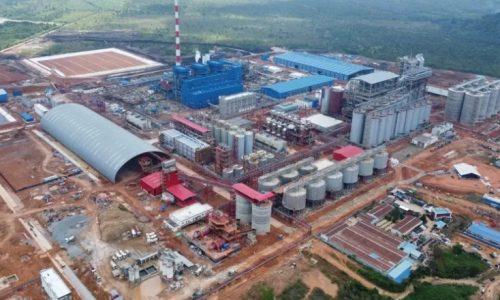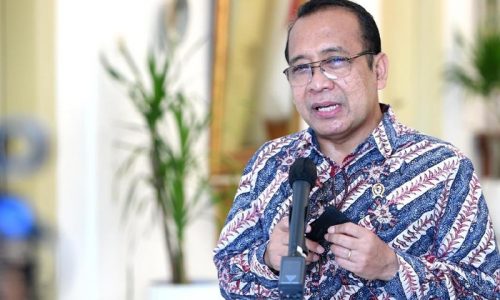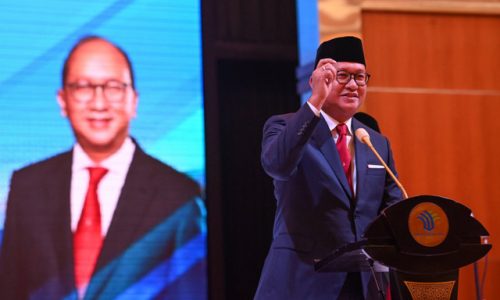The Upstream Oil and Gas Regulatory Task Force (SKK Migas) has signaled a positive outlook regarding the planned transition of the Offshore North West Java (ONWJ) Block contract scheme. This transition, from a gross split to cost recovery model, is poised to unlock new opportunities for investment, development, and growth in Indonesia’s oil and gas sector.
According to SKK Migas Head Dwi Soetjipto, Pertamina Hulu Energi (PHE) has fulfilled the requisite work commitments, paving the way for the contract transition process to proceed smoothly. The ONWJ Block, spanning from the Thousand Islands regency in Jakarta to North Cirebon, West Java, represents a strategic asset in Indonesia’s energy portfolio, with significant reserves and production potential.
By facilitating the migration to a cost recovery model, SKK Migas aims to enhance operational efficiency, attract investment, and optimize resource utilization in the ONWJ Block. This transition aligns with the government’s broader objectives of promoting sustainable development, maximizing local content participation, and ensuring the long-term viability of Indonesia’s oil and gas industry.
PHE’s commitment to preparing a development plan (PoD) for the GQX Complex prospect underscores its dedication to unlocking the full potential of the ONWJ Block. This prospect, with mapped oil reserves estimated at around 60 million barrels, represents a valuable opportunity for increasing production and reserves in the region.
Along with this, Indonesia continues to navigate the evolving dynamics of the global energy market, the successful migration of the ONWJ Block contract exemplifies the country’s resilience, adaptability, and commitment to sustainable development. Through collaborative efforts between government agencies, industry stakeholders, and local communities, Indonesia is poised to harness its natural resources effectively, driving economic growth, and ensuring energy security for future generations.









